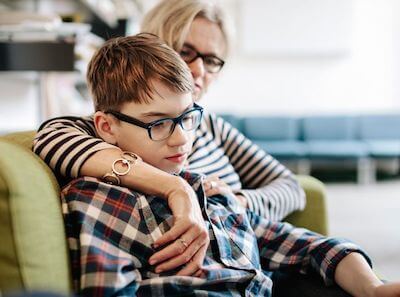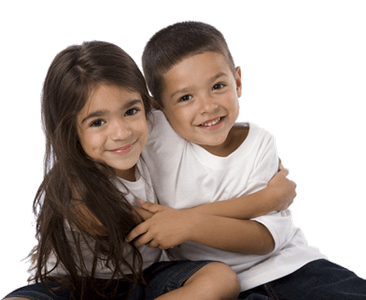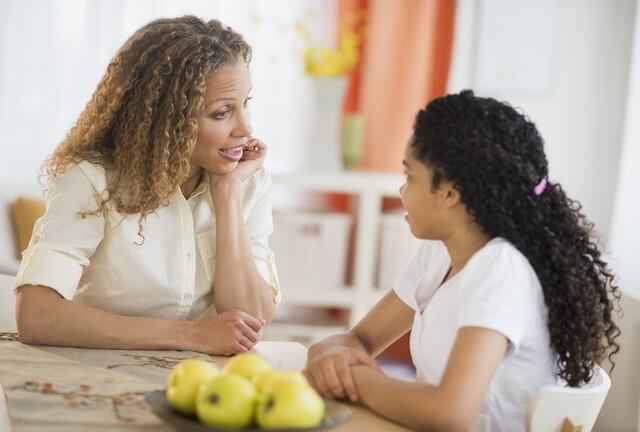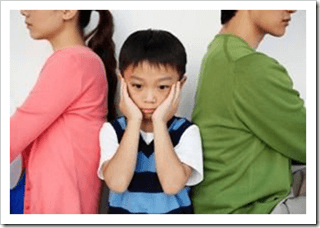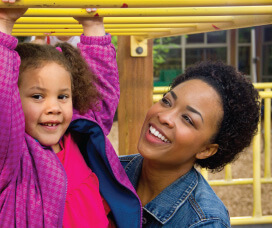Bashing Your Ex Is Really Bad For Your K...
By Rosalind Sedacca, CDC We all do it from time to time. Make a sarcastic comment about our ex, criticize something they did or didn’t do, gesture or grimace our faces when referring to our former spouse. When we do it in front of, near or within hearing distance of our children, we set ourselves up for a hornet’s nest of problems. We have all heard this, but it’s easy to forget or let slide. It hurts our children when they hear one of their parents put down the other. This is so even if your child does not say anything about it. With rare exceptions, children innately feel they are part of both parents. They love them both even when that love isn’t returned to them in the same way. When you put down their other parent your children are likely to interpret it as a put-down of part





